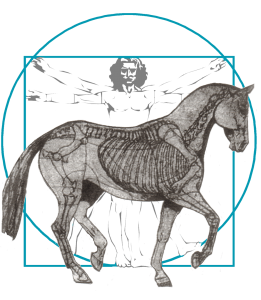 By Roberta Coleman M.D. A 30 year Emergency Room Physician is reestablishing her practice around Magna Wave PEMF.
By Roberta Coleman M.D. A 30 year Emergency Room Physician is reestablishing her practice around Magna Wave PEMF.
The most common causes of the leaky bladder are stress urinary incontinence and overactive bladder. In truth, most women with leakage have some degree of both. And it’s important to clarify that the “stress” in stress urinary incontinence is when the bladder outlet valve is too weak to hold against pressure when the bladder is stressed by an outside force, like a sneeze. It does NOT have anything to do with the stress we all talk about. When that kind of stress causes urgency to go, that is actually overactive bladder.
Overactive bladder explains itself—it’s when the bladder contracts or spasms on a whim, sometimes in response to common things like wet or cold hands or running water, and sometimes in response to more unusual and individual things.
Medical treatment for these two conditions is different, with some overlap.
Both are helped by strengthening the bladder muscle that controls the release of urine, like hormones, and Kegel exercises or weights.
True stress leakage requires a procedure, for instance, the insertion of a mesh sling into the bladder, to bolster the weak part of the bladder. There have been many problems associated with various forms of these slings and a number of them have been taken off the market.
Considering that so many women have both causes of leakage, medications that are actually for the other kind, overactive bladder, are tried, in the hopes that there would be enough relief from dealing with the overactive bladder. There are several medications for overactive bladder. They have to be taken indefinitely, and they do have fairly significant side effects, which are sometimes as bad as the leakage, and drug interactions that are more serious the older the person. Also, an extreme and expensive measure for overactive bladder is to have an electric wire surgically placed. Electrical stimulation is then applied in the doctor’s office at frequent intervals.
The result of all this is that so many women end up just tolerating the problem, because none of these treatments are desirable or feasible. Clearly women want and need a better way.
Magna Wave, Pulsed Electromagnetic Field Therapy, is a great alternative to the available treatments. Although you probably haven’t heard about it, PEMF has been around for a long, long time, and in fact, its use in incontinence is one of the indications that has FDA approval. It is safe, non-invasive, and easy, with minimal to no side effects and very few contraindications. Its only interaction with other therapies, including drugs and surgery, is to make them more effective. The absolute best thing, unlike any other treatment, is that Magnawave is effective for BOTH stress incontinence and overactive bladder, and so of course very effective for mixed incontinence. This is because Magna Wave has beneficial effects on just about every cell type, including both muscle and nerve, which are the tissues involved in normal bladder function.
Treatment is very simple. It is done fully clothed and while sitting. The Magnawave Butterfly Coil is placed over the bladder area for 5 -10 minutes. Also, to distribute the energy in another direction, one simply sits on the coil for the same length of time. The number and frequency of treatments required is very individual, and can be as few as 1 – 2 for sustained relief. Often the duration of relief is longer with each treatment.


